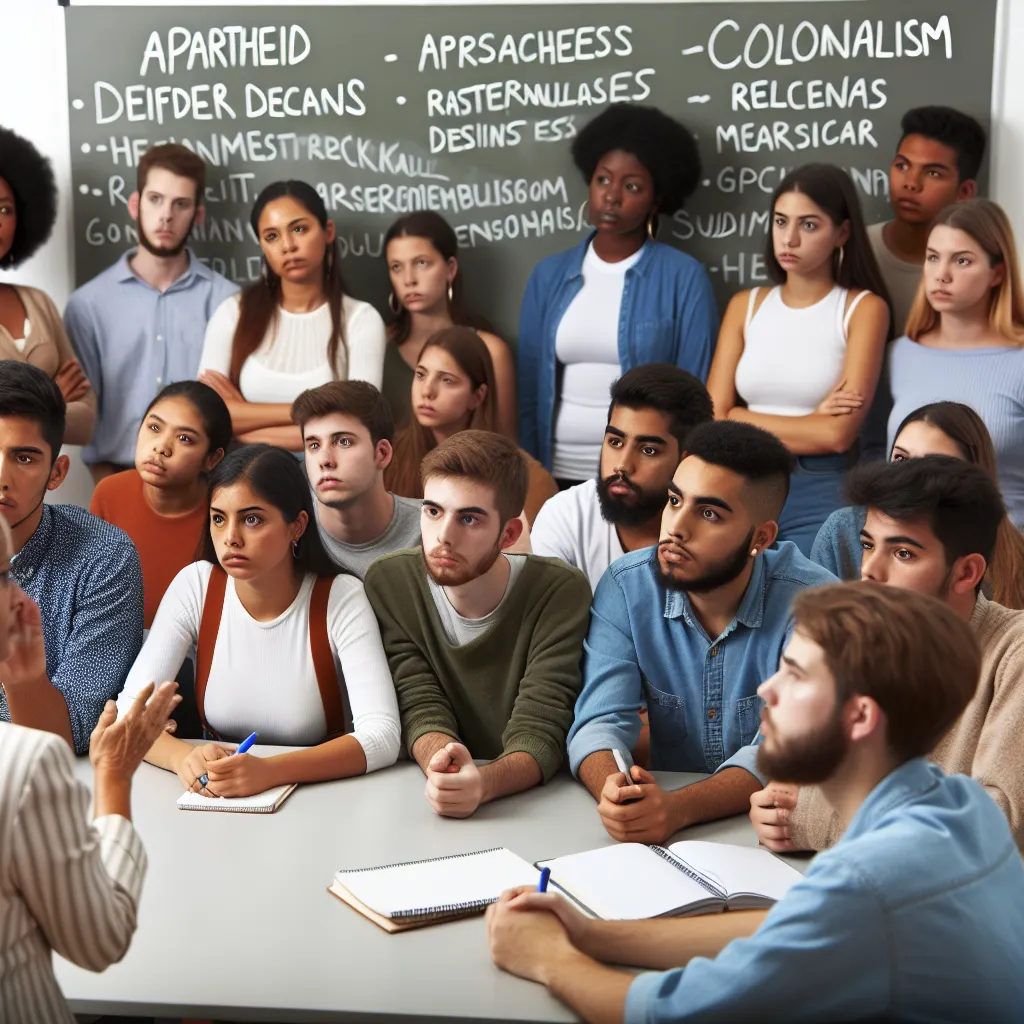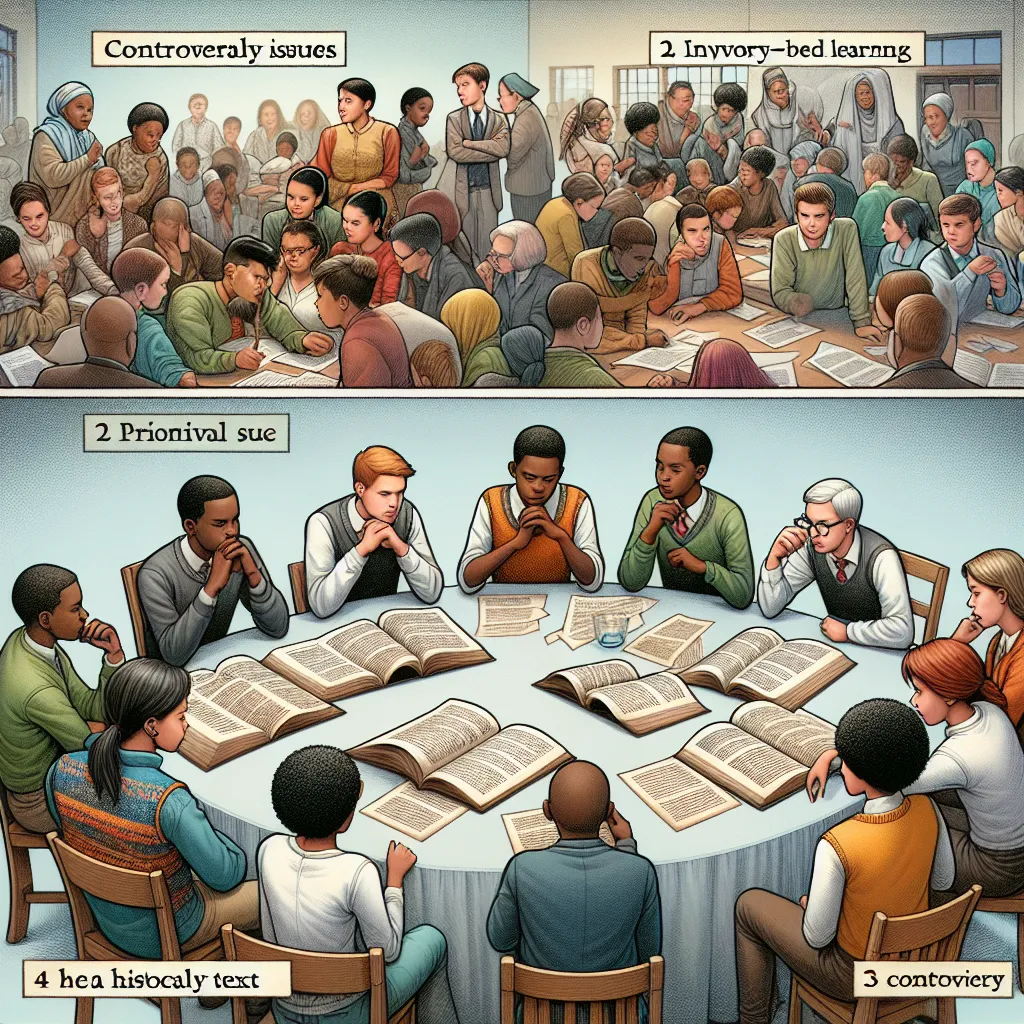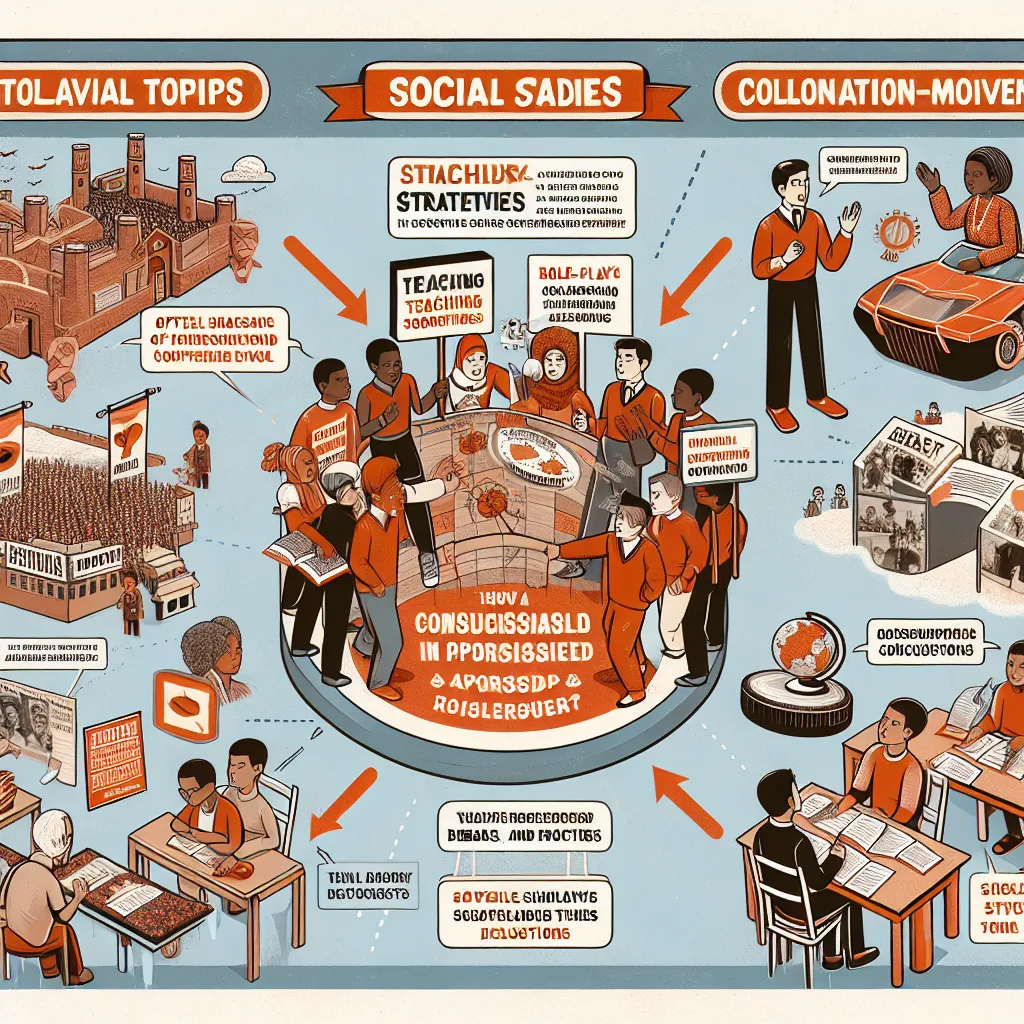Ask AI on The Internet
Question: critically discuss Teaching Controversial Issues in SS History (Include examples of controversial topics from CAPS) With citations and references
Teaching controversial issues in social sciences (SS) history, particularly within the Curriculum and Assessment Policy Statement (CAPS) framework, requires careful consideration. This includes dealing with sensitive historical issues that can provoke strong emotional responses, political sensitivities, or ethical dilemmas. To navigate these complexities, educators need to employ deliberate strategies to foster a respectful and critical learning environment. This discussion assesses various aspects of teaching controversial issues in SS history, providing examples from CAPS, and citing relevant references. ### Importance of Teaching Controversial Issues Teaching controversial issues in history is essential for several reasons: 1. **Critical Thinking:** Students develop the ability to think critically and evaluate multiple perspectives. 2. **Engagement:** Controversial topics often increase student engagement and interest. 3. **Democracy:** Understanding diverse viewpoints is crucial in a democratic society (Stradling, 1984). 4. **Empathy:** Exploring multiple sides of a controversy can foster empathy and understanding. ### Examples of Controversial Topics from CAPS The CAPS framework includes several contentious historical topics, such as: 1. **Apartheid and Post-Apartheid South Africa:** Issues of racism, segregation, and reconciliation. 2. **Colonialism and its Legacies:** The impact of European colonialism on Africa. 3. **The Anglo-Boer War:** Diverging perspectives between colonial history and indigenous experiences. ### Pedagogical Strategies #### Balanced Approaches Teachers must present balanced viewpoints to avoid indoctrination. This aligns with the educational philosophy of John Dewey, who emphasized the importance of presenting multiple perspectives (Dewey, 1938). #### Encouraging Discussion and Debate Debates and discussions are effective methods for exploring controversies. Establishing rules for respectful dialogue ensures that all students feel safe expressing their views. #### Critical Inquiry Encouraging students to question sources and consider bias is crucial. According to Wineburg (2001), historical thinking involves recognizing the subjectivity of sources and understanding the context in which they were produced. ### Challenges #### Emotional Reactions Controversial topics can evoke strong emotions. Teachers need to be prepared to manage these reactions sensitively. #### Ethical Considerations Certain controversial topics may touch on students' personal experiences or family histories, making ethical sensitivity paramount. ### Example: Apartheid in South Africa Teaching apartheid involves discussing deeply painful experiences of racial division and injustice. CAPS provides a platform for this, but teachers must navigate this carefully. Using survivor testimonies, documentaries, and novels can humanize these experiences and foster empathy (Case, 2005). ### Conclusion Teaching controversial issues in SS history within the CAPS framework offers significant educational benefits, from enhancing critical thinking to fostering democratic values. However, educators must employ balanced and respectful strategies to navigate the sensitivities involved. Through structured debate, critical inquiry, and sensitivity to emotional reactions, teachers can effectively engage students with complex historical issues. ### References - Case, R. (2005). Bringing critical thinking to the main stage. Education Canada, 45(2), 45-46. - Dewey, J. (1938). Experience and Education. Kappa Delta Pi. - Stradling, R. (1984). The Teaching of Controversial Issues: An International Perspective. London: Edward Arnold. - Wineburg, S. (2001). Historical Thinking and Other Unnatural Acts: Charting the Future of Teaching the Past. Temple University Press. By structuring lessons to include diverse perspectives, fostering open dialogue, and nurturing critical thought, educators can help students navigate and understand the complex tapestry of history.
Think your answer is better than the AI's? Post it below.
Question Tags
If you want your question answered by an AI, click here.







Post your own comment: